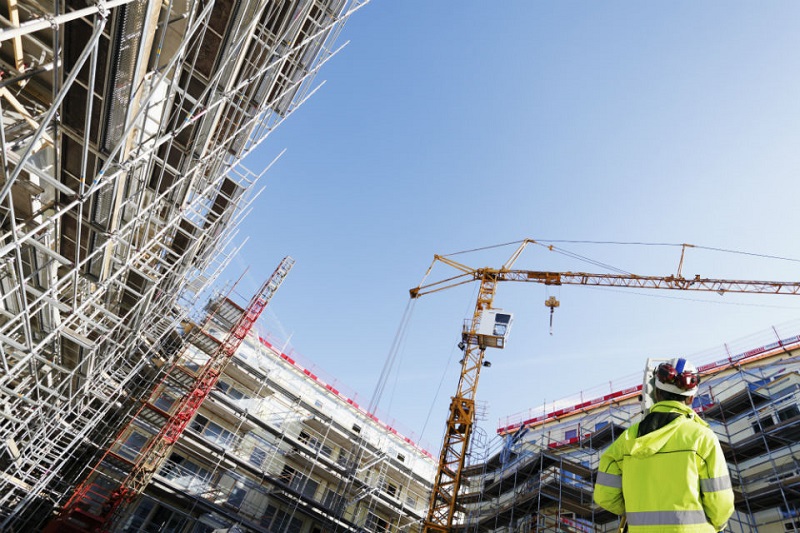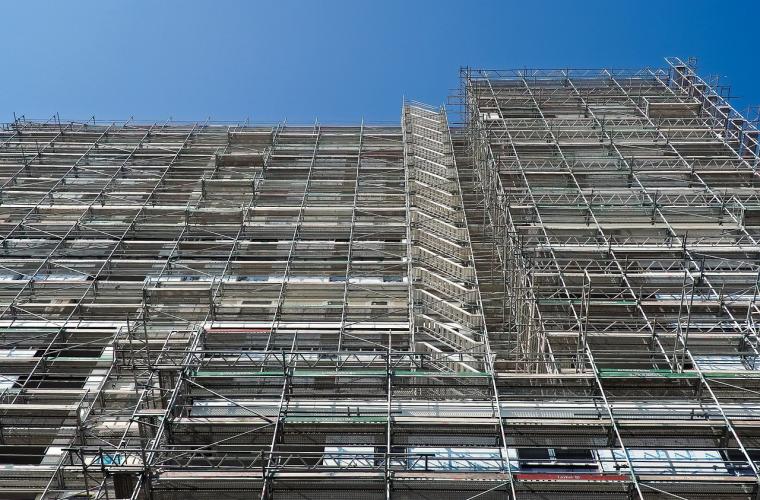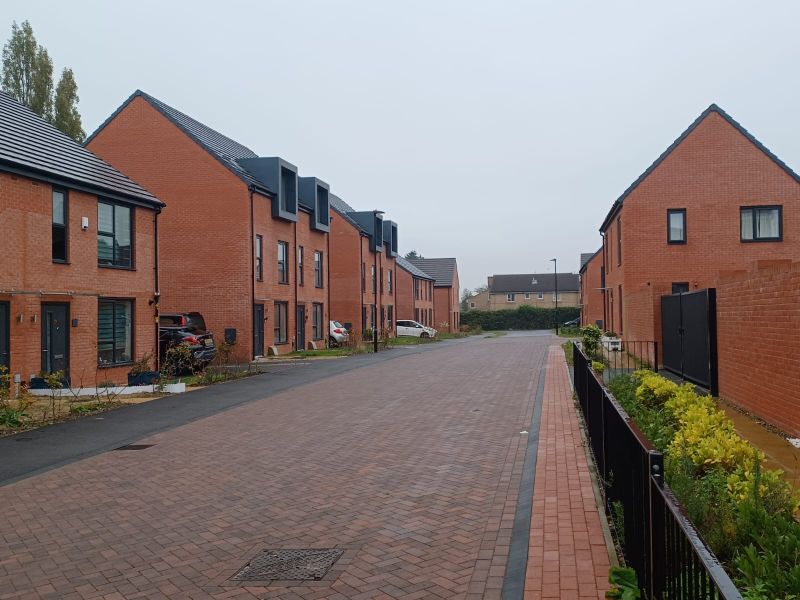The Royal Institute of British Architects (RIBA) has published the findings from its latest Future Trends Survey, a monthly report of business and employment trends affecting the architects’ profession.
The November findings show that while architects expected future workloads and staffing levels to fall overall, they were slightly less pessimistic than the previous month. This is especially true among larger practices.
The negative outlook reflects continued concern about the near-term future of the housing sector, which might prove more problematic for smaller practices.

In November, the RIBA Future Trends Workload Index rose by 2 points to -6.
Over the next three months, 21% of practices expect workloads to increase, 28% expect them to decrease, and 51% expect them to stay the same.
Small practices (1-10 staff) returned a confidence figure of -12, dropping by 3 points, while the outlook of medium (11+ staff) and large (50+ staff) practices is markedly more optimistic, returning a combined figure of +24, a 22-point rise compared to October.
All four monitored work sectors had a negative but improved outlook on future work. The outlook for the Private Housing sector rose by 6 points to -16, the Commercial sector rose by 3 points to -1, the Public sector rose by 3 points to -7 and the Community sector rose by 5 points to -2.
The regional picture was mixed. Wales and the West’s outlook on future work rose by 33 points to +2 – a rapid recovery – while London's outlook held steady at -3. The outlook for the South of England (-9), the Midlands & East Anglia (-19) and the North of England (-4) all worsened.
In November, the RIBA Future Trends Permanent Staffing Index rose by 1 point to -3, showing that on balance, practices expect to employ fewer permanent staff over the next three months.
- Over the next three months, 5% of practices expect to employ more permanent staff, 9% expect to employ fewer, and 86% expect no change.
- Small practices continue to expect staffing levels to decline, returning a slightly lower Permanent Staffing Index figure of -5.
- Medium and large practices expect an overall increase in permanent staff, returning a combined Permanent Staffing Index figure of +5, a 7-point rise from last month.
- All but one region anticipates falling permanent staffing levels. In line with its optimism about future work levels, Wales and the West returned a positive (+4) Staffing Index figure.
- The Temporary Staffing Index recovered marginally to -5, suggesting falling numbers of temporary staff in the next three months.
- Levels of personal underemployment fell slightly to 22%.
RIBA Head of Economic Research and Analysis Adrian Malleson said: “This month's survey results show a profession still pessimistic about future workloads, but the outlook does appear to have stabilised.
“The related pressures of raised interest rates, increased project costs, and project finance continue to weigh down on new commissions.
“The housing sector is significantly under-performing but has seen a slight improvement in outlook. With inflation falling, and early signs of interest rates stabilising, there may be further improvement in the coming months.
“Practices describe a challenging market, with fewer enquiries and new commissions. They highlight elevated project costs, protracted planning delays, and fee competition from both within and outside the profession.
“But some practices report early signs of an improving market, with more enquiries, and more opportunities for commissions from overseas.
“Find more detailed analysis of business trends affecting the profession this year in RIBA Business Benchmarking 2023.
“We will continue to report our findings to the Government and work with other built environment bodies to monitor these trends.”




















